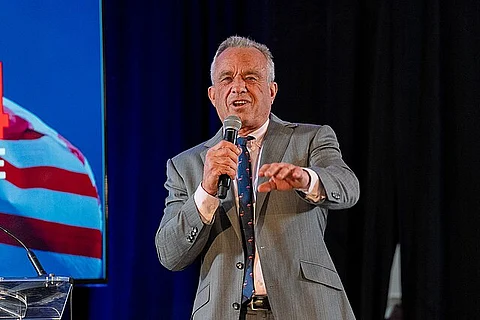

The United States has witnessed a significant rise in measles cases, with nearly 500 confirmed cases across 19 states. The outbreak, which includes two fatalities, has ignited debates over the use of vitamin A as a treatment for the viral infection. Health officials initially began promoting vitamin A to reduce the severity of measles, following reports that the nutrient could help prevent complications. However, experts quickly warned of the risks associated with excessive vitamin A intake, including toxicity that can lead to symptoms like nausea, vomiting, and even liver damage.
In West Texas, the situation grew more complicated as children treated with high doses of vitamin A began exhibiting signs of toxicity, including abnormal liver function. Despite these risks, the controversial treatment gained attention due to statements from public figures like Robert F. Kennedy Jr., who endorsed the idea of vitamin A as an alternative to vaccines. However, health authorities in Texas found little demand for the vitamin A treatment, with the focus primarily on promoting the MMR vaccine, which remains the most effective protection against measles.
The ongoing outbreak also reflects the challenges of vaccine misinformation, particularly within communities that remain hesitant to embrace vaccinations. While the MMR vaccine offers a 97% effectiveness rate against measles, some groups, such as certain Mennonite communities, continue to seek alternative, unproven remedies. Public health experts stress the importance of clear and accurate messaging about the risks of unverified treatments and the benefits of vaccines in controlling preventable diseases like measles.